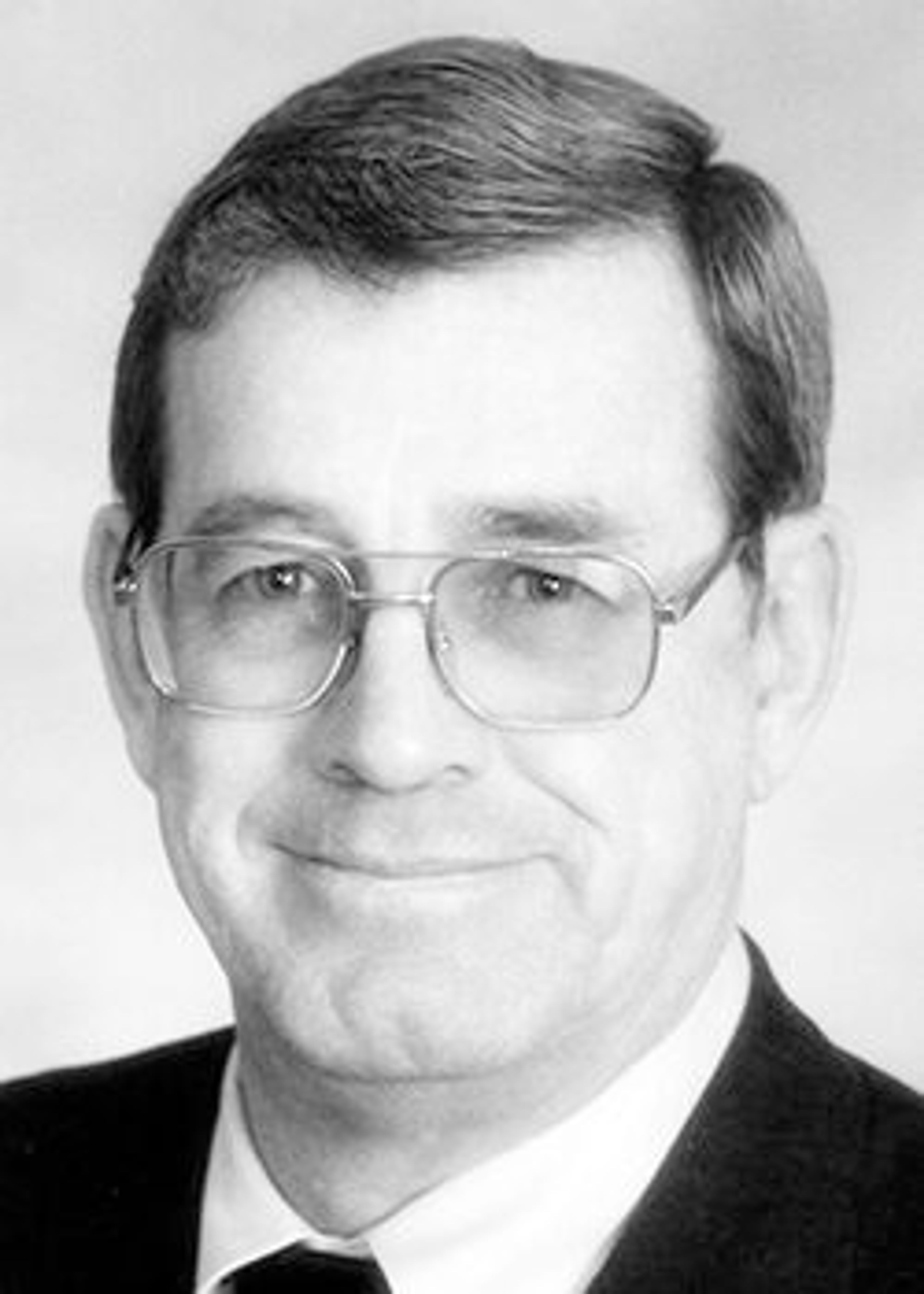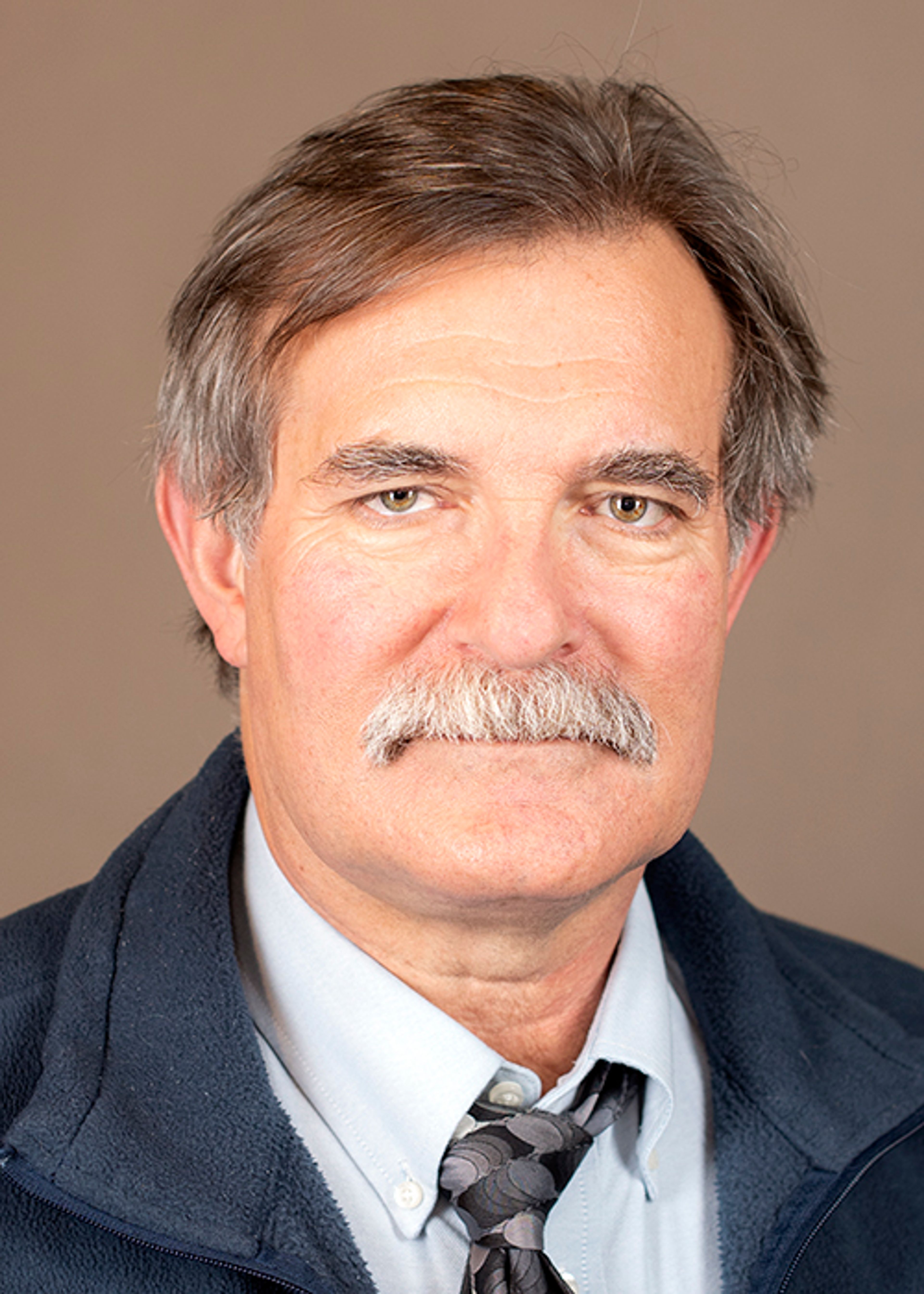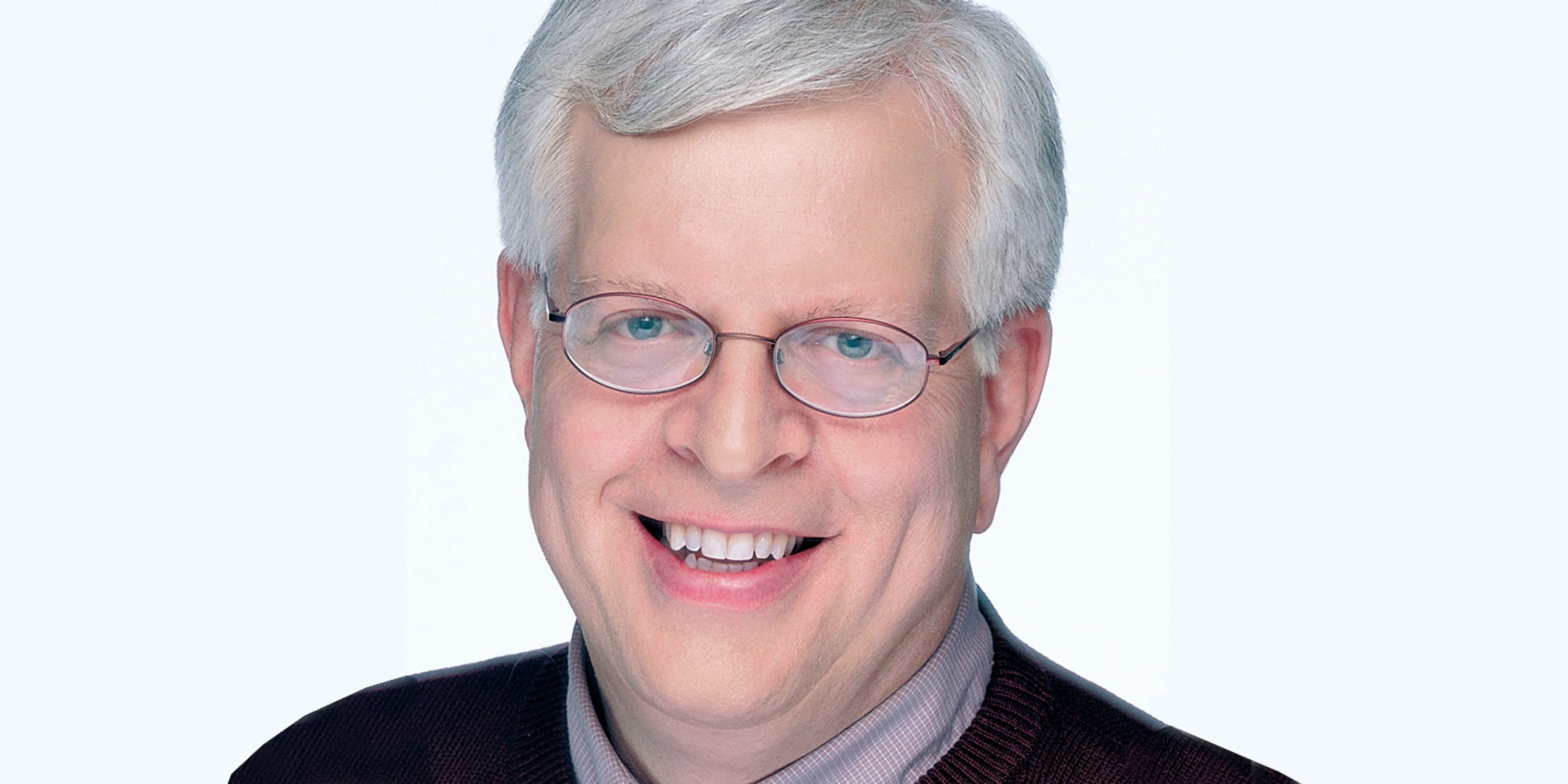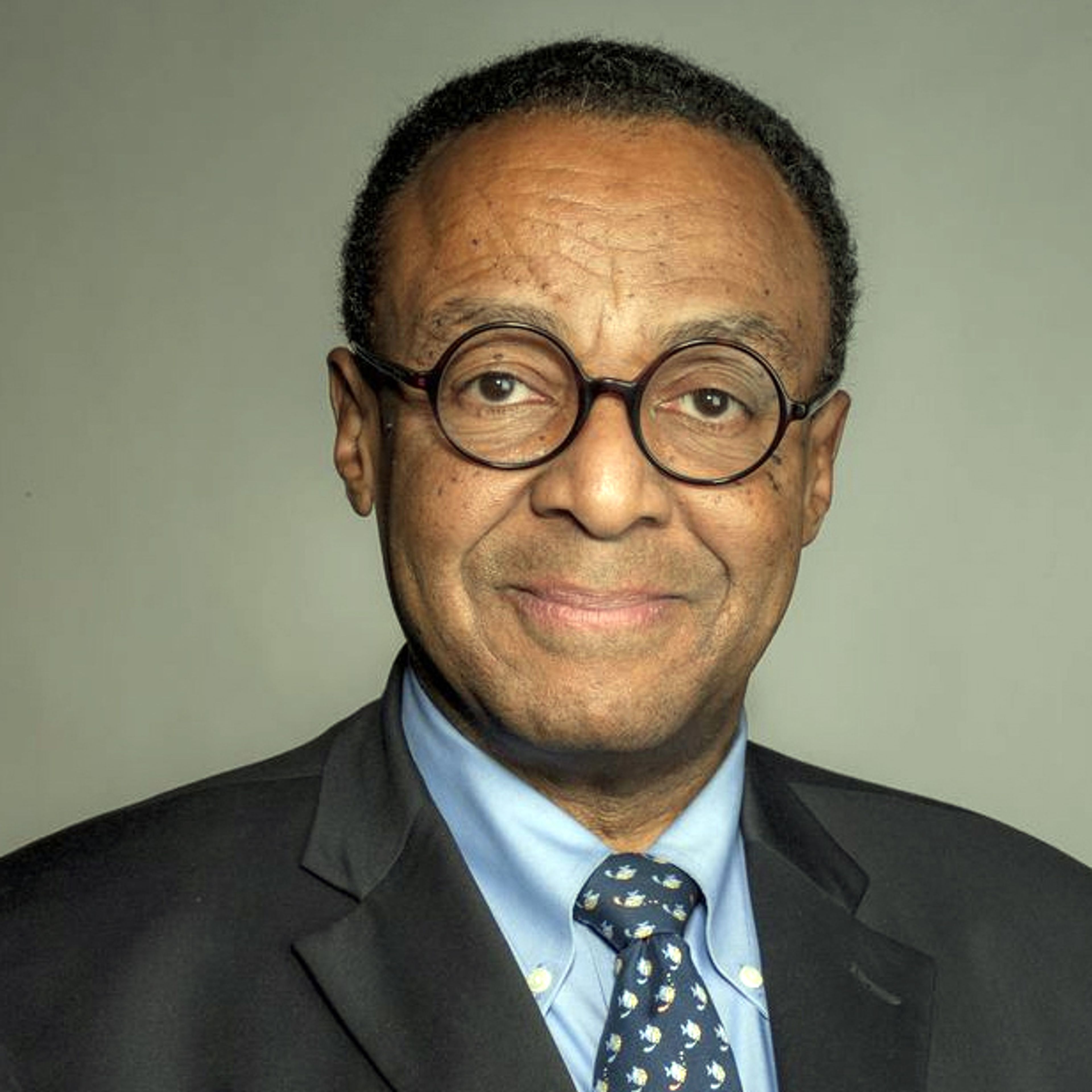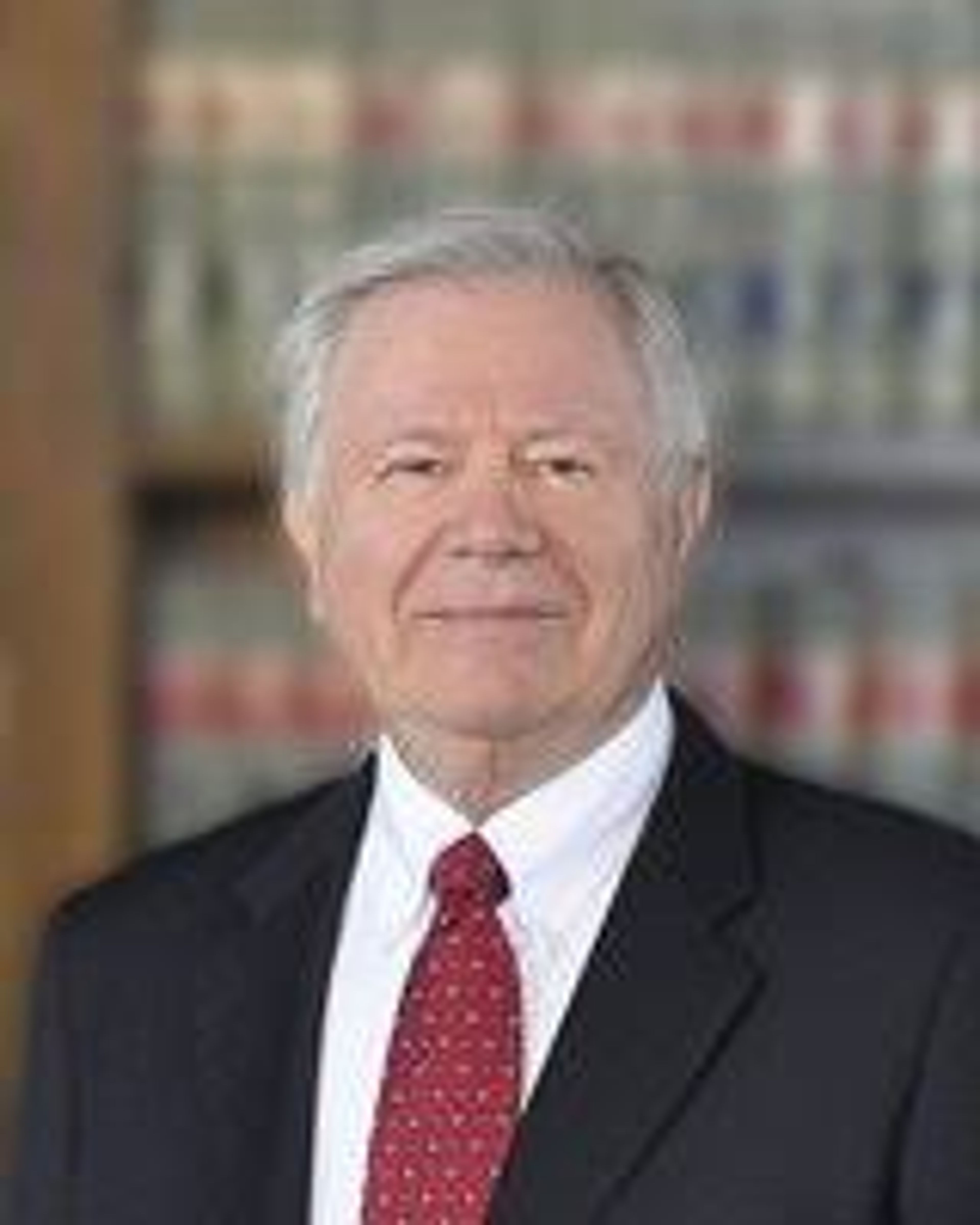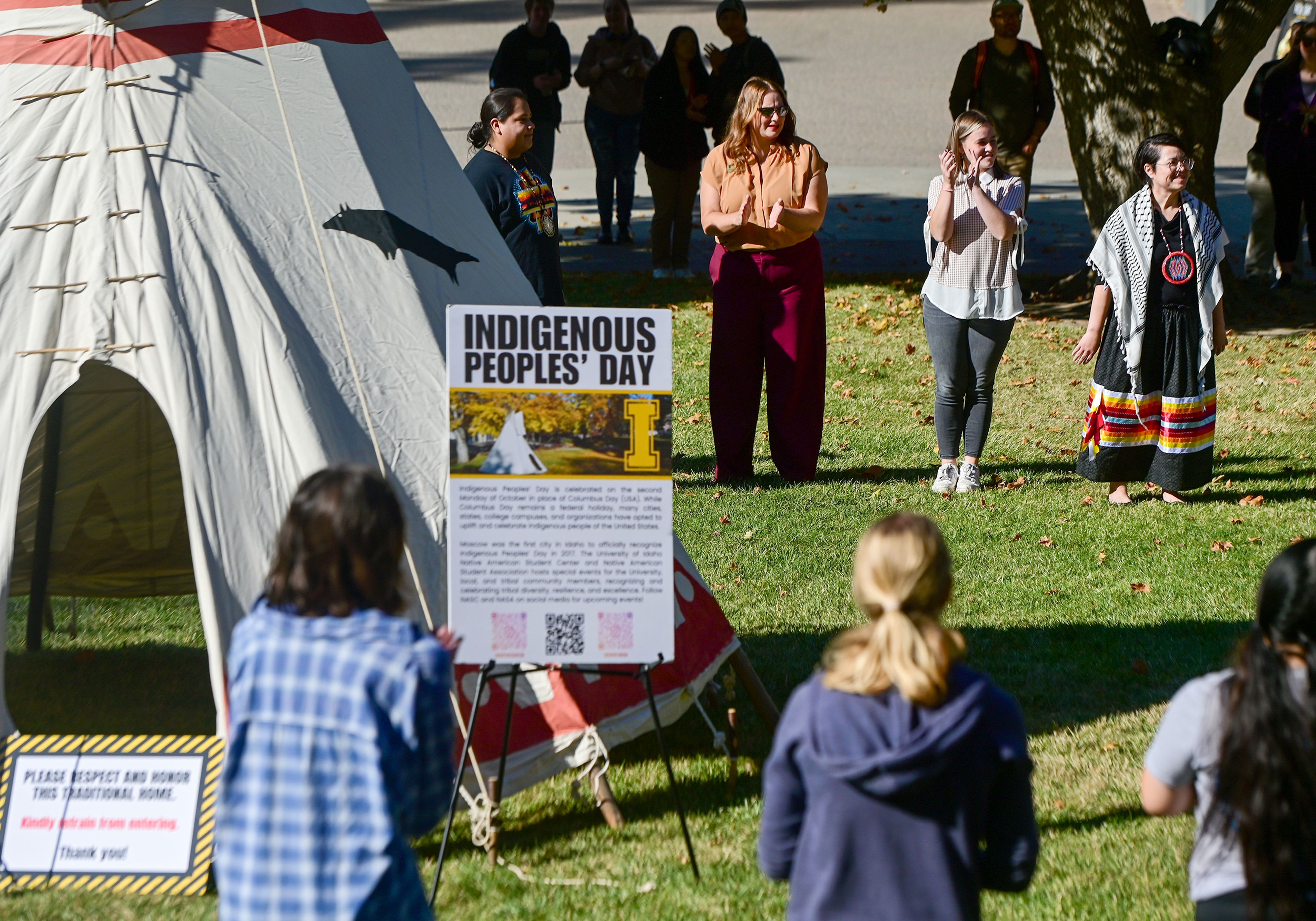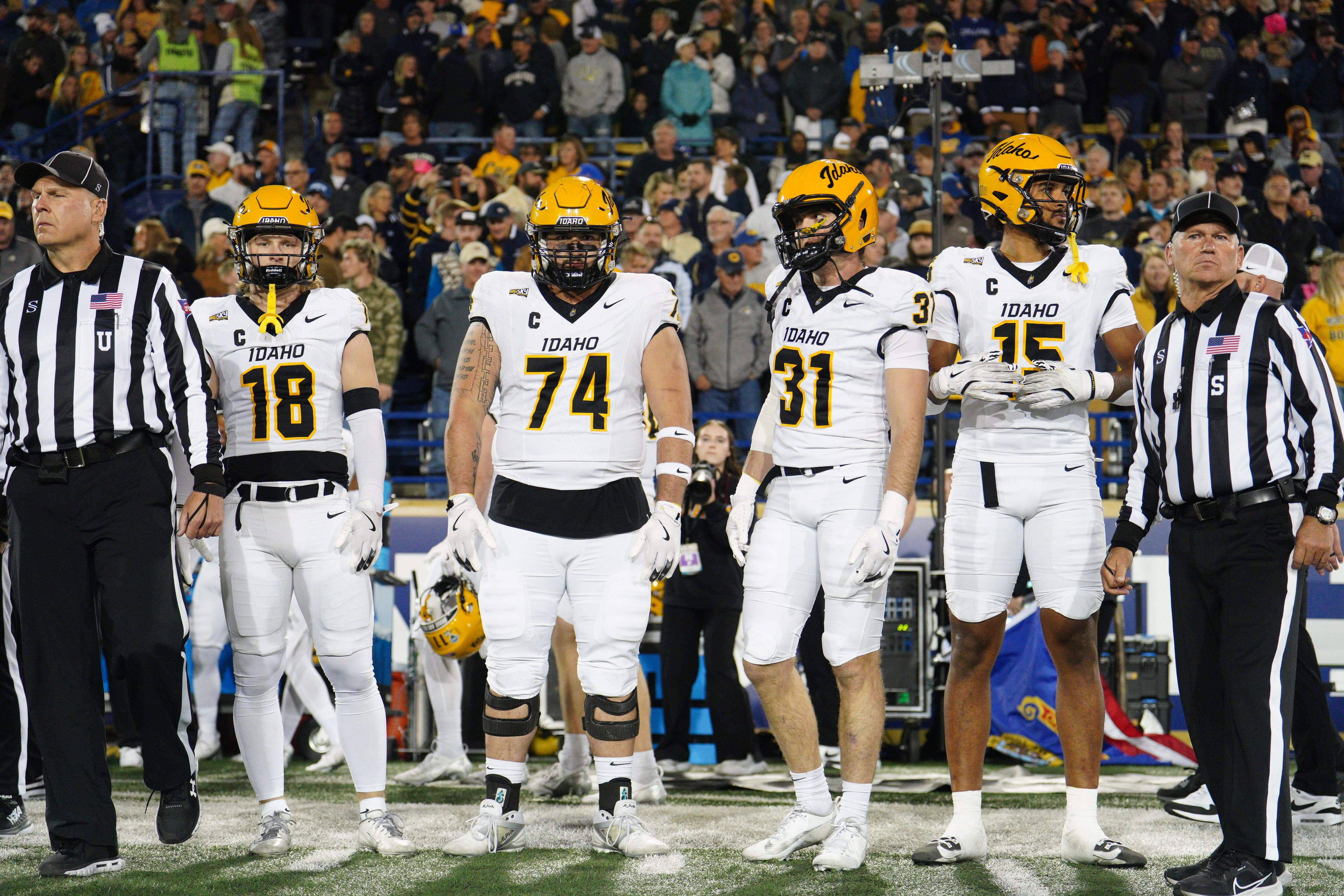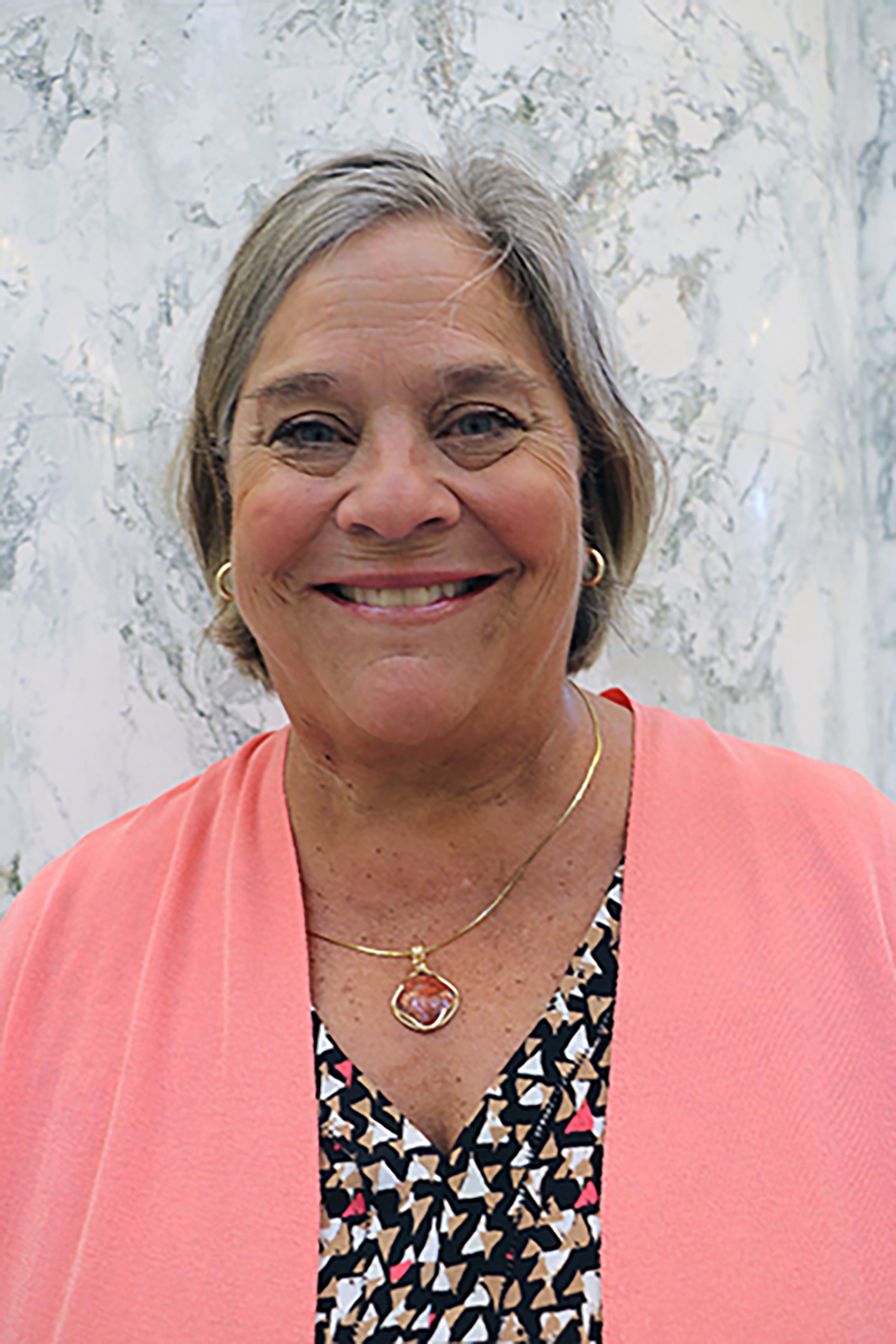When former state Rep. Chuck Cuddy, D-Orofino, died Sunday at 81 from COVID-19, many did not fail to notice the passing of an era.
Cuddy was among the last serving members of the once-abundant old-time lunch bucket Democrats who — while always a minority in the modern era — gave voice to the concerns of working people in the Idaho Legislature.
They came from the mill towns, mines, railroad hubs and industrial centers of the Panhandle, north central Idaho and the portion of southeast Idaho headquartered in Pocatello.
Among them: Sens. Marguerite McLaughlin of Orofino, Vern Lannen of Pinehurst, Ron Beitelspacher of Grangeville, Claire Wetherell of Mountain Home, Patty McDermott of Pocatello and Bert Marley of McCammon.
Or in the House, you’d find Jim Stoicheff of Sandpoint, Gino White of Cataldo, Lou Horvath of Pinehurst, Larry Vincent of Culdesac, Harold Reid of Mohler, Dick Adams of Harpster and Al Johnson of Pocatello.
And of course, the epitome of their generation was former Orofino lumberjack Cecil Andrus, elected four times as Idaho’s governor while also serving as President Jimmy Carter’s Department of Interior secretary.
These were the children who inherited the blessings of the New Deal, which had transformed their own parents into lifelong admirers of President Franklin D. Roosevelt. They believed in the power of government to make life better for the individual, whether that meant access to an affordable education or a good job that could support a family. “Trickle down” economics was not their philosophy. Corporations and economic elites could look out for themselves. Investing in people — a bottoms-up approach — was their way of growing the economy.
You were more likely to find Cuddy or some of his allies sipping a cold one with someone just coming off shift work than at any corporate boardroom.
It showed in their policies. If it meant better schools or more opportunities for the next generation, they didn’t shy from finding the resources — up to and including raising income taxes on Idaho corporations and those making a more comfortable living.
They supported organized labor.
They backed increases in the minimum wage.
And as often as not, they lined up with practical Republicans — such as former House Speaker Tom Boyd of Genesee — to forge what was dubbed the “Steelhead Coalition.”
Cuddy — whose family has been steeped in local government for generations— came to the Legislature when Idaho Democrats were at high tide. In 1990, Andrus had just won his last term. His party held half the seats in the Senate. And the following year, Andrus appointed him to fill the vacancy created when Rep. Paul Decelle of Orofino died.
But cracks had already formed in the Democratic strongholds of northern and southeast Idaho. What was once the party of working people and economic opportunity splintered over the Vietnam War, civil rights, right-to-work laws and the wars over the Spotted Owl, dams and logging. What was once the party of FDR and Harry Truman had become the platform for George McGovern, Ted Kennedy and Gary Hart.
President Bill Clinton had welcomed Wall Street into the Democratic Party while championing the kind of trade deal — the North American Free Trade Agreement — that was anathema to Cuddy’s wing of the party.
By 1994, Idaho’s Democratic Party collapsed, holding on to eight of the 35 seats in the Senate and 13 of the 70 House slots.
Long after many of his colleagues left office, Cuddy held on for another decade, in part because he was able to persuade his friends and neighbors to look past a Democratic Party brand that was increasingly toxic in the Gem State.
As he engaged his constituents in 2004, however, he noticed a change among the people he encountered going door to door. The party label mattered more than ever. Some were politely dismissive; others not so much. When the votes came in that fall, Cuddy lost his seat to Republican Paul Shepherd of Riggins by 64 votes — 0.04 percent of the ballots cast.
As Idaho’s politics evolved, the north’s legislative districts became reliably red while Democrats made inroads in Boise and Blaine County. But today’s Democratic delegations often echo the sensibilities of Boise’s North End rather than the lunch bucket crowd Cuddy hung around with.
You see it in today’s politics.
The very people who tended to vote Republican in his day — notably those with college degrees — are now a mainstay of the Democratic coalition while the working class voters have drifted over to ex-President Donald Trump’s column. As much as he lamented it, Cuddy understood the frustration behind that change.
Nonetheless, it’s culture wars, not economics, that are driving these choices.
In the meantime, Idaho’s higher education has been priced beyond the reach of many of its citizens.
The state perennially ranks 50th out of 51st in its generousity toward per pupil funding.
The minimum wage has stagnated at $7.25 since 2009.
Idaho’s idea of tax reform is to slice the rates paid at the top — while shifting a greater share of the property tax burden on the homeowner, to the benefit of commercial property owners and landlords.
If nothing else, it tells you the meat and potato issues that Cuddy and his colleagues championed are, like them, relics from a different time. — M.T.
